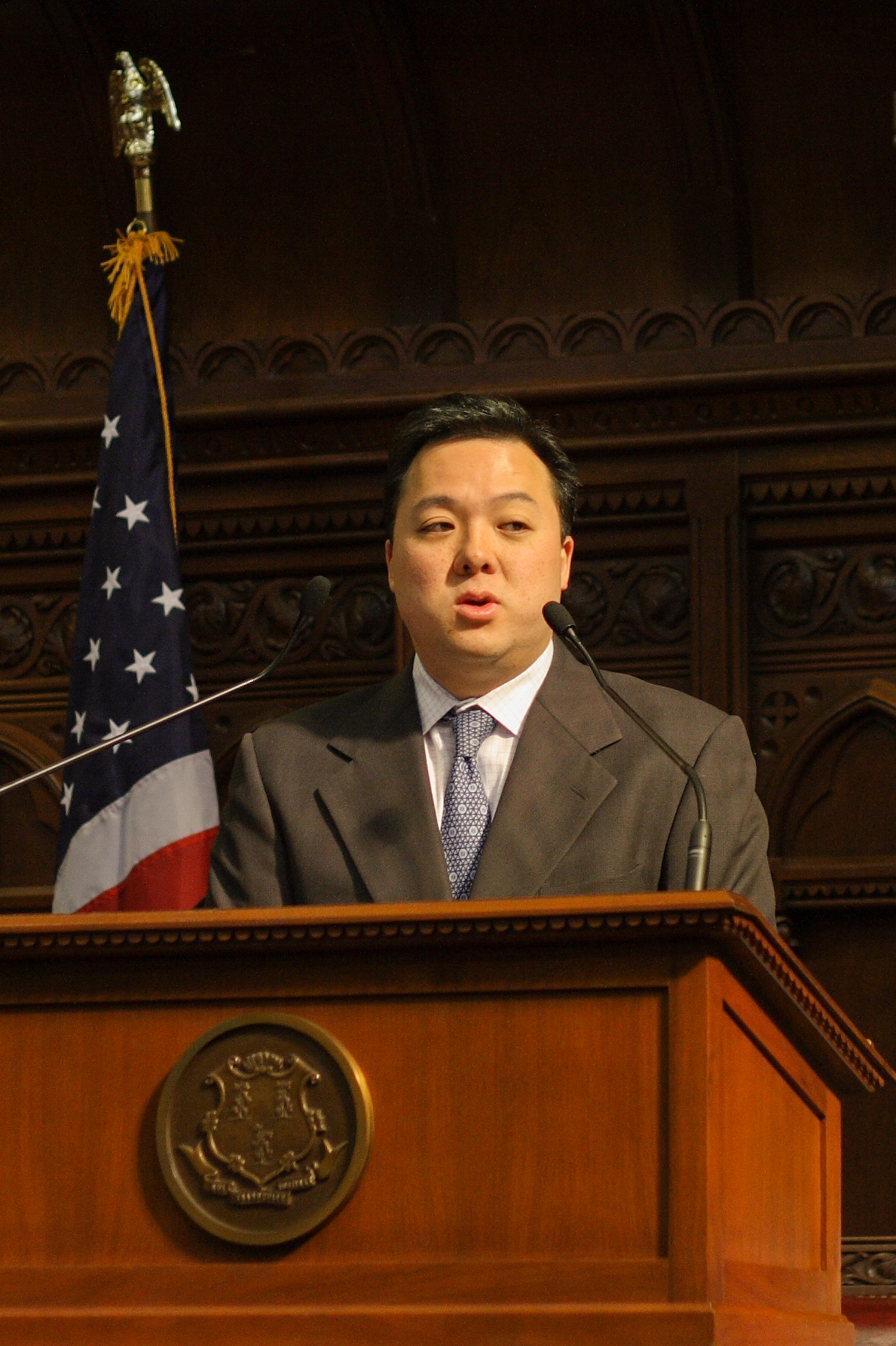
WikimediaCommons
Connecticut Attorney General William Tong announced earlier this month that the state would join 16 other states and the city of New York in a lawsuit against the Department of Energy, challenging its decision to roll back energy efficiency standards for certain light bulbs.
According to the press release from Tong’s office, previous federal energy efficiency standards for certain light bulbs have proven to be effective both in reducing costs to consumers and protecting the environment. The Department of Energy’s rollbacks are largely consistent with a pattern of deregulation and minimizing of standards under the Trump administration.
Tong’s announcement comes as the state attorney general takes up multiple other issues in making the Nutmeg State an ally to challenges against federal rollbacks. Tong said the lower standards only produce higher annual energy costs.
“[This is] a financial burden many Connecticut consumers cannot afford to bear,” Tong wrote in the press release. “Billions of dollars in savings and reduced carbon emissions are on the line.”
The lawsuit alleges that the rollback of these efficiency requirements for certain types of light bulbs would also undermine existing efforts to meet efficiency goals. In addition, the rollback would negatively impact state and local energy policy and increase environmental costs, Tong argued.
“Lighting standards are a commonsense step that’s widely supported by manufacturers, consumers and environmental advocates alike,” Gov. Ned Lamont said in a separate press release supporting Tong’s lawsuit. “Connecticut will not stand by while the federal government fails to protect consumers and the environment.”
Tong’s press release called for the DOE to maintain the stricter definitions enacted by the Obama Administration in 2017.
The Obama-era regulations expanded the definition of general service lamps (GSLs) to include seven previously unregulated types of light bulbs and subjected GSLs to the congressionally imposed minimum standard of 45 lumens per watt applicable.
Tong said that the reversal of the 2017 rules violated the Energy Policy and Conservation Act, and called it “arbitrary, capricious and unlawful.”
Tong cited DOE’s own analysis, which stated that stricter energy standards — like that of the Obama era — would result in $4.171 billion in net present value of benefits. Lamont’s office claimed that Connecticut residents and businesses would lose $80 million in savings per year if new energy efficiency standards are not implemented. Additionally, according to Tong’s press release, the rollback would cost consumers $12 billion each year in lost electricity savings by 2025, or $100 per household per year.
In the 2019 Connecticut General Assembly legislative session, Reps. Joe Aresimowicz and Matthew Ritter, alongside Sens. Martin Looney and Bob Duff, introduced HB 7151. This bill would have rolled back lighting efficiency standards, and it also would have updated state energy and water efficiency standards for common household and commercial appliances.
The bill passed the Energy and Technology Committee by a 16–9 vote. The bill never received a vote on the House floor. Nevertheless, Lamont has vowed to introduce legislation that would reinstate the lighting efficiency standards in the upcoming legislative session.
Connecticut law requires the state to reduce its greenhouse gas emissions by 80 percent by 2050. Connecticut plans to achieve a zero-carbon electric grid by 2040.
In addition to Tong, the coalition — led by California Attorney General Xavier Becerra and New York Attorney General Letitia James — includes the attorney generals of Colorado, District of Columbia, Illinois, Maine, Maryland, Massachusetts, Michigan, Minnesota, New Jersey, Nevada, Oregon, Vermont, Washington and the city of New York.
Luna Li | luna.li@yale.edu
Christian Robles | christian.robles@yale.edu







